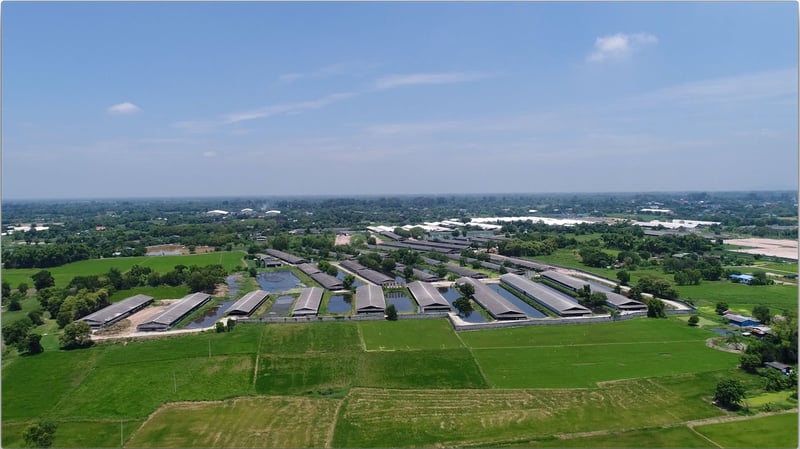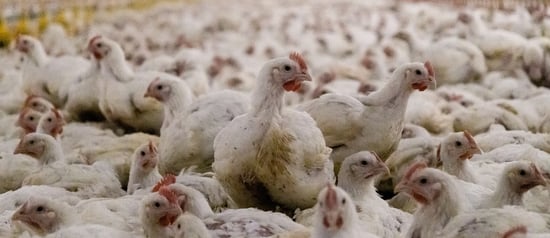
Historic Pandemic Agreement embraces prevention and One Health approach
News
World Animal Protection has welcomed a major milestone in global health: the adoption of the first-ever Pandemic Agreement by the World Health Organization (WHO).
Approved by consensus at the 78th World Health Assembly in Geneva, the Agreement represents a long-awaited shift towards pandemic prevention and equity, placing the health of people, animals and the environment at the heart of global decision-making.
Tricia Croasdell, CEO of World Animal Protection said:
This announcement is important for the future of human, animal and environmental health. The Pandemic Agreement marks a historic moment after years of hard work and dialogue amongst World Health Organization (WHO) member states. World Animal Protection welcomes this progress, which rightly places prevention as key, and embraces a One Health approach — recognising the vital connection between people, animals, and the environment.
Most emerging infectious diseases in humans originate in animals — a clear reminder that we are interconnected. The inclusion of prevention of pandemics before they occur, is vital. Collectively, we’ve taken the first step toward turning that knowledge into coordinated action.
The Pandemic Agreement is the result of three years of negotiation triggered by the lessons and failures of the COVID-19 crisis. It sets out the principles and tools to strengthen international collaboration, ensure fairer access to health products, and build a more resilient global response to future pandemic threats.
It includes a focus on:
-
Preventing outbreaks before they start
-
Ensuring equitable access to vaccines, diagnostics and treatments
-
Supporting coordinated supply chains and funding mechanisms
-
Strengthening cooperation between countries while respecting national sovereignty
World Animal Protection has long called for a shift from reactive to preventive measures when it comes to pandemics. This means addressing the root causes including the exploitation of animals through the wildlife trade and factory farming, which create conditions ripe for disease emergence and spread.
This Agreement signals global recognition of the need for a better approach, but the work doesn’t stop here. Governments must now turn words into action and build systems that stop pandemics at their source, reduce risks to people and animals, and promote a healthier, more sustainable future for all.
Call for an end to cruel factory farming
Sign our petition to the UK government and let them know that there is no future for factory farming.
